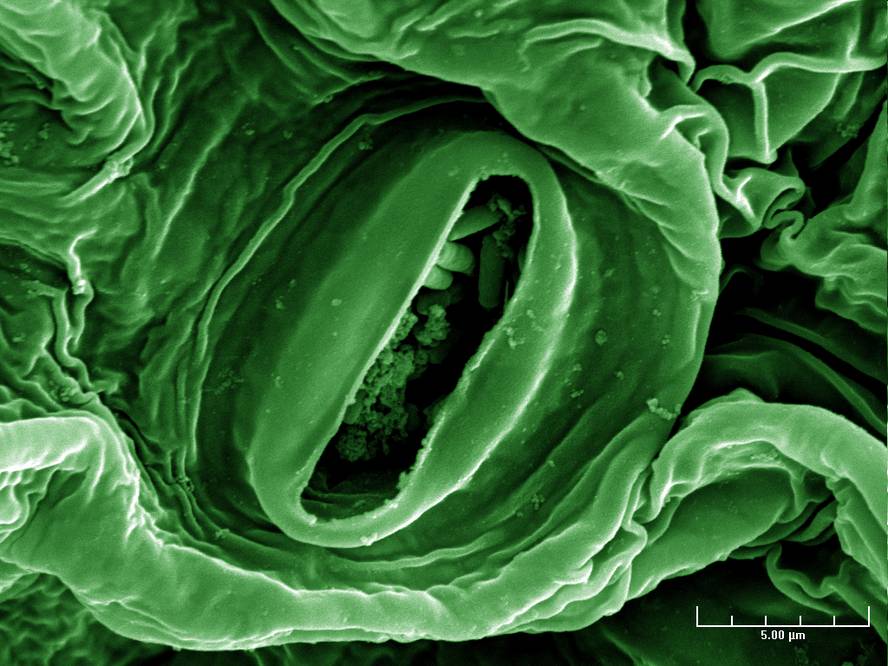Promote the production of glycogen to avoid infections
Researchers from the Public University of Navarra and the Institute of Agrobiotechnology of the CSIC have discovered a possible way to influence the infectious capacity of the bacteria E. coli. In fact, an inverse correlation has been observed between the production of glycogen and the production of structures related to the pathogenicity of bacteria.
Javier Pozueta, head of the research group Carbohydrate Metabolism of the Institute of Agrobiotechnology, explained that “increasing the production of glycogen in the bacteria, they lose the capacity to produce scourges, stretches and components of the external packaging of the bacteria”. With them they move, stick to the hostelry cells and protect themselves from the environment, respectively.
The researchers reached this conclusion by studying the function of the glgs gene. “We saw that this gene is a kind of brake to form the components of the scourge, appendix and wrapping of bacteria,” explains Mehdi Rahimpour, a researcher who has done his doctoral thesis analyzing the function of this gene. “Therefore, changing the expression of the glgS gene, the production of these structures is modified and, therefore, also of glycogen, even if indirectly,” he added. In fact, glycogen is a molecule for the energy reserve of bacteria, which occurs when the rest of the elements are not forming or moving.
The finding has been backed by a patent application and has been published recently in the journal Biochemical Journal. IX Medicine They have also been awarded at the International Congress for their discovery.






